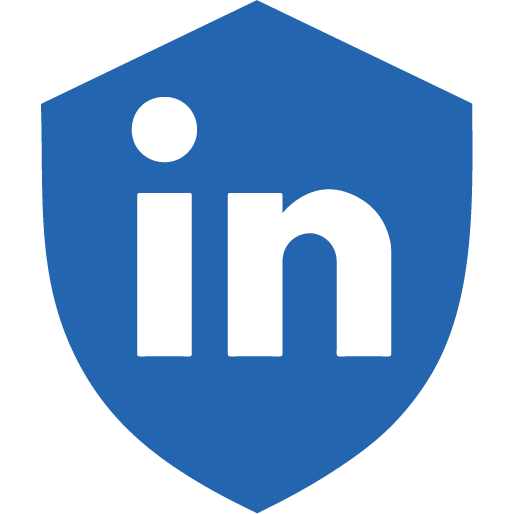Associate Data Unit
Any project, programme, institution or organization can join to Colombian Oceanographic Data Center (CECOLDO). For this there are two ways:
1. Provide standardized data or metadata and agree the terms of deposit with General Maritime Directorate (Dimar), that is in charge of CECOLDO.
2. Become formally an Associate Data Unit Associated Data Unit (ADU) of the International Oceanographic Data and Information Exchange (IODE) program.
Dimar-Oceanographic and Hydrographic Research Centers for Caribbean (CIOH) and Pacific (Cccp) are data providers of oceanographic and marine meteorology data of CECOLDO. Likewise, associations have been established at the metadata catalog level within the framework of the El Niño Phenomenon in the Southeast Pacific (ERFEN) regional cruises; these are:
1. Instituto del Mar del Perú (IMARPE)
2. Instituto de Fomento Pesquero de Chile(IFOP)
3. Instituto Oceanográfico de la Armada del Ecuador (INOCAR)
On the other hand, the following colombian institutions were accepted as ADU IODE:
1. Instituto de Investigaciones Marinas y Costeras (Invemar)
2. Universidad de Bogotá Jorge Tadeo Lozano
3. Parques Nacionales Naturales de Colombia (PNNC)
Benefits
By joining IODE as an ADU projects, programmes, institutions or organizations will get the following benefits [1]:
1. Share and access data through CECOLDO.
2. Receive information on, and contribute to, IODE standards and best practices related to ocean data management.
3. Be welcomed to participate in ocean data and information management training, organized within the framework of the IODE OceanTeacher programme.
4. Receive assistance, upon request, from IODE, on matters related to ocean data management.
5. Be invited, as observers, to participate in Sessions of the IODE Committee.
6. Participate in IODE workshops and projects.
7. Share expertise with other ADUs and National Oceanographic Data Center (NODC).
Applying
To join IODE as an IODE Associate Data Unit provide the following information:
1 .Name and contact information of the ADU contact point(s).
2. Name and contact point of the head of the applicant entity.
3. description of the national, regional or international project, programme, institution or organization.
4. Brief description of data services/products provided by the entity.
5. For projects: expected lifespan of the project and indication of plan for the archival/preservation of the data, data management plan.
6. Letters of support.
7. Required expertise, training that IODE could contribute.
8. Data policy (if identified) of the applicant entity.
9. Of the existing relationship with a NODC.
An application form can be downloaded here (Ms-Word format). It should be filled, signed and send to:  /
/ 
[1] IODE. (12 November 2018). IODE Associate Data Unit (ADU). Recuperado de http://iode.org/adu






